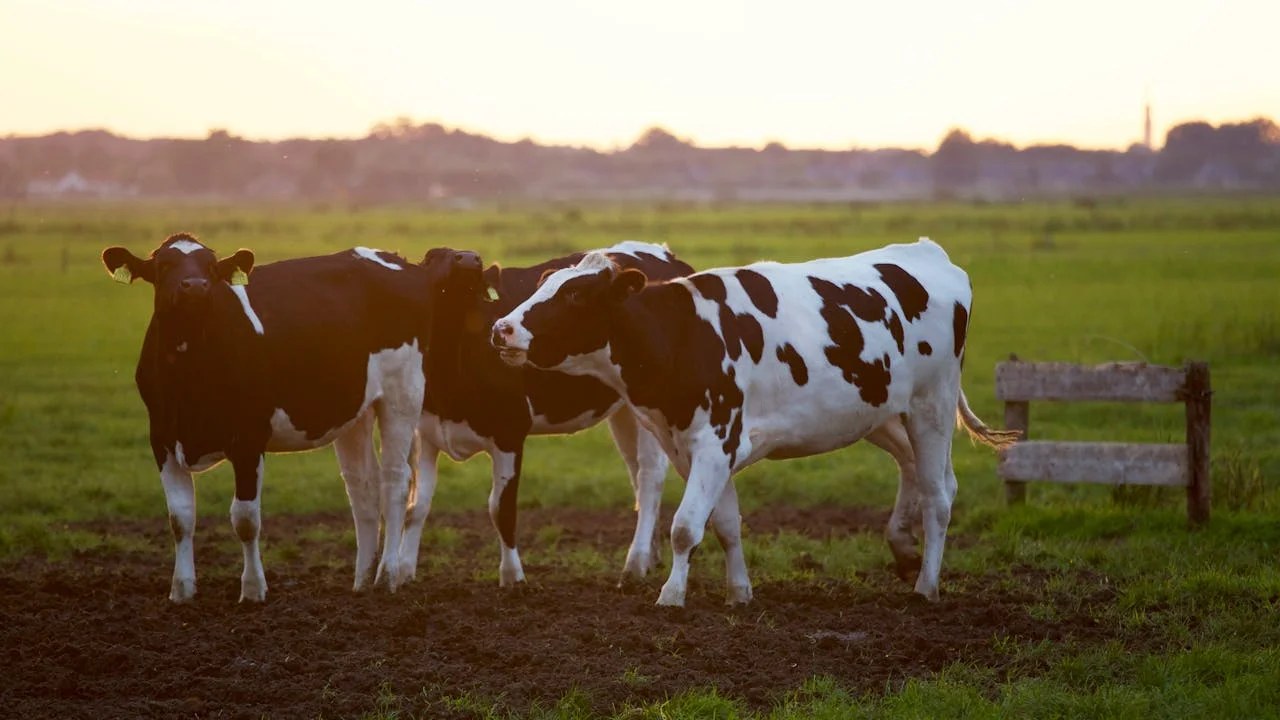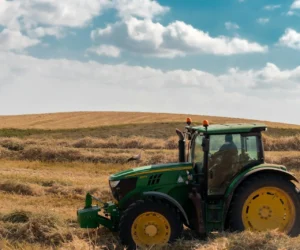
House Agriculture Committee Chairman Glenn Thompson, representing Pennsylvania, unveiled the blueprint for a new farm bill on Wednesday, which incorporates elements from the contentious Ending Agricultural Trade Suppression (EATS) Act. The primary objective is to counteract California’s Proposition 12 (Prop 12) and analogous laws safeguarding farm animal welfare nationwide. Prop 12 prohibits the utilization of gestation crates in pork farming within California, along with the intrastate distribution of certain fresh pork products failing to adhere to these crate-free standards. Chris Oliviero, the General Manager of Niman Ranch, issued a statement expressing concern:
“The incorporation of provisions akin to the EATS Act within the House Agriculture Committee’s initial farm bill framework deals a blow to animal welfare, as well as to smaller independent family hog farmers and pork enterprises like Niman Ranch, dedicated to crate-free practices and compliant with California’s Proposition 12.
This language favors large-scale pork producers, aiming to nullify Proposition 12 and analogous state statutes prohibiting the sale of goods from animals raised in confinement. The conventional pork industry has persistently opposed Prop 12 since its enactment in 2018. Despite losing public support and legal battles, including a recent U.S. Supreme Court validation of the law’s constitutionality, they now seek recourse through this expansive legislative maneuver, encroaching on states’ rights and farmers’ economic prospects.
Contrary to industry claims, Prop 12 does not mandate conversion of operations or interstate sales into California. The notion that Prop 12 adversely impacts small farmers contradicts our experience. Over the past four decades, the industry’s pursuit of scale has marginalized these very farmers they purport to shield. In Iowa alone, while pig numbers surged by 83% since 1987, hog farm count plummeted by 86%. The industry’s fixation on cost efficiency has obscured consumer expectations for animal welfare, with smaller family farms embracing higher welfare standards bearing the brunt.
Niman Ranch’s network of 500+ independent family hog farms demonstrates daily that crate-free production is not only viable but also profitable and mutually beneficial for pigs and farmers alike.
I urge policymakers in the House and Senate to see beyond the rhetoric and champion farm families invested in Prop 12 compliance, elevated animal welfare standards, and the vitality of rural communities.”




